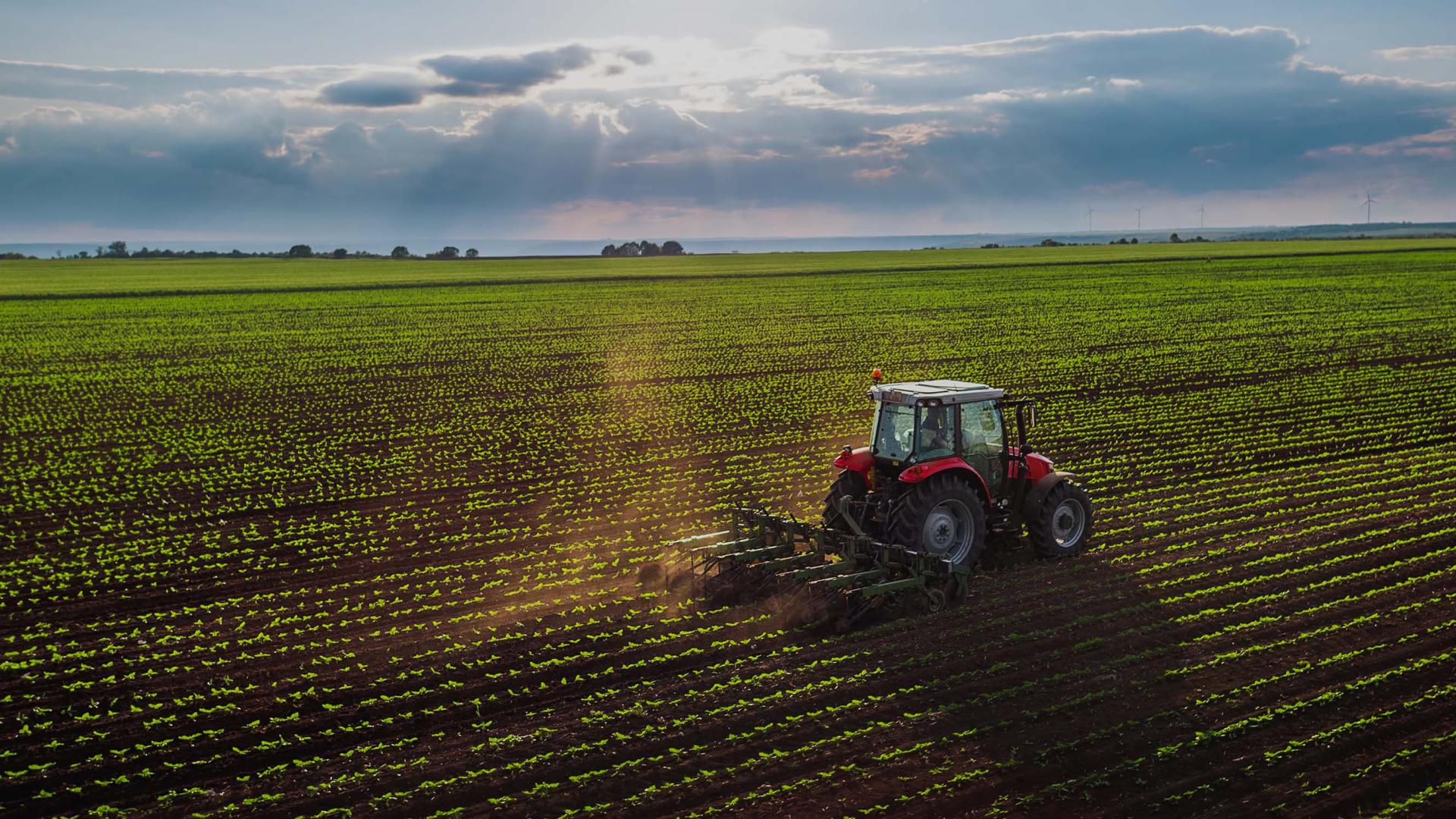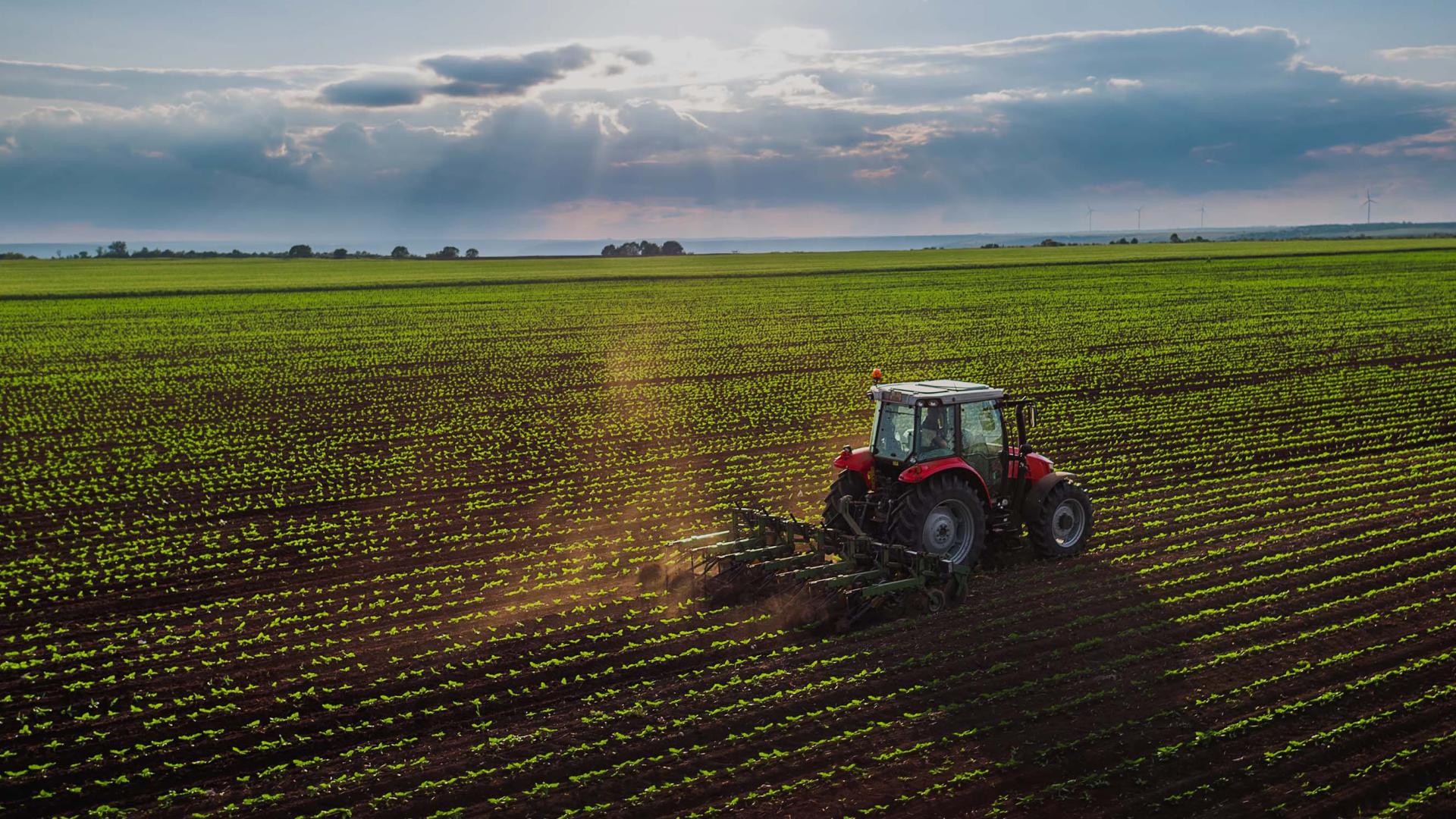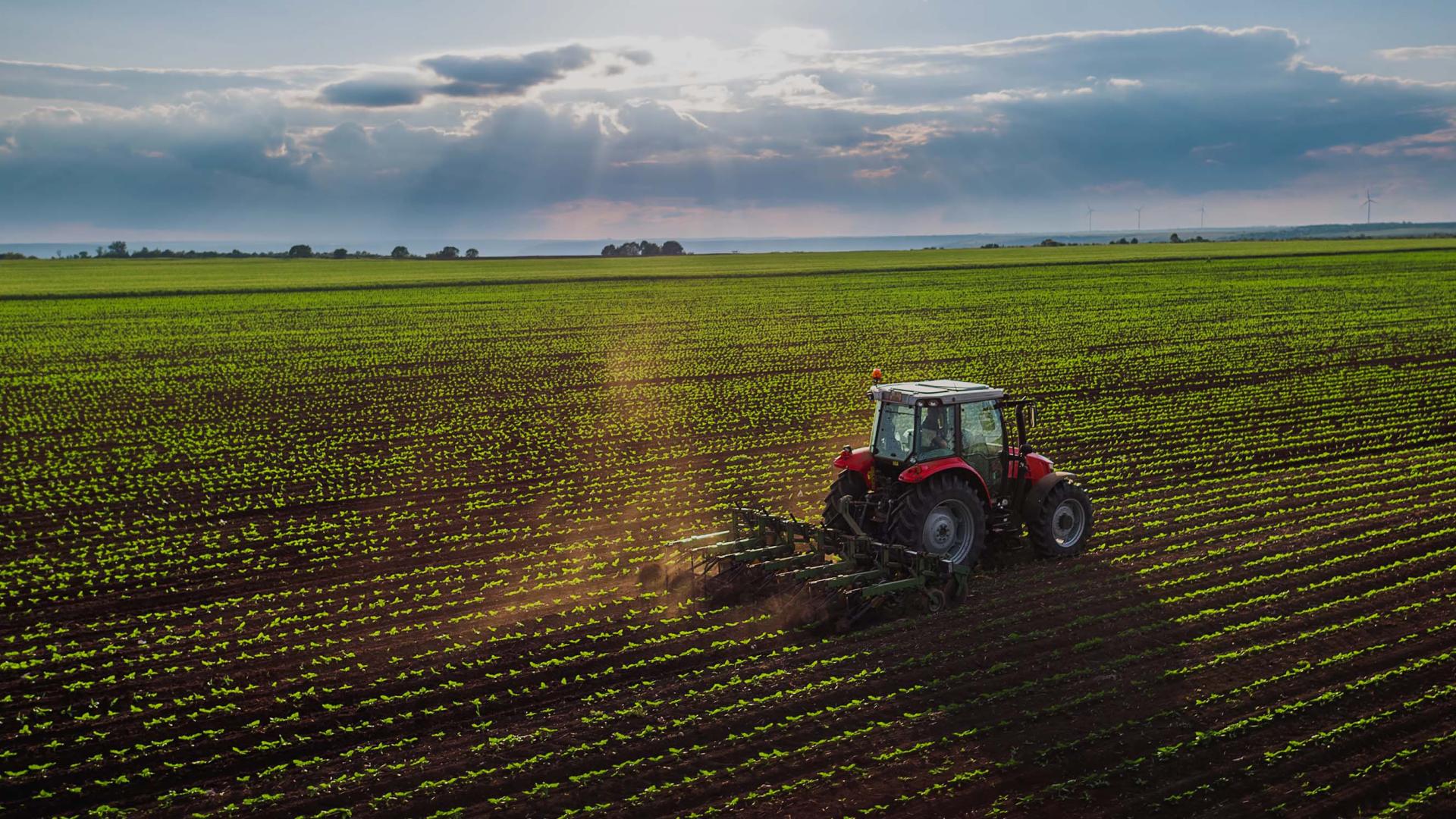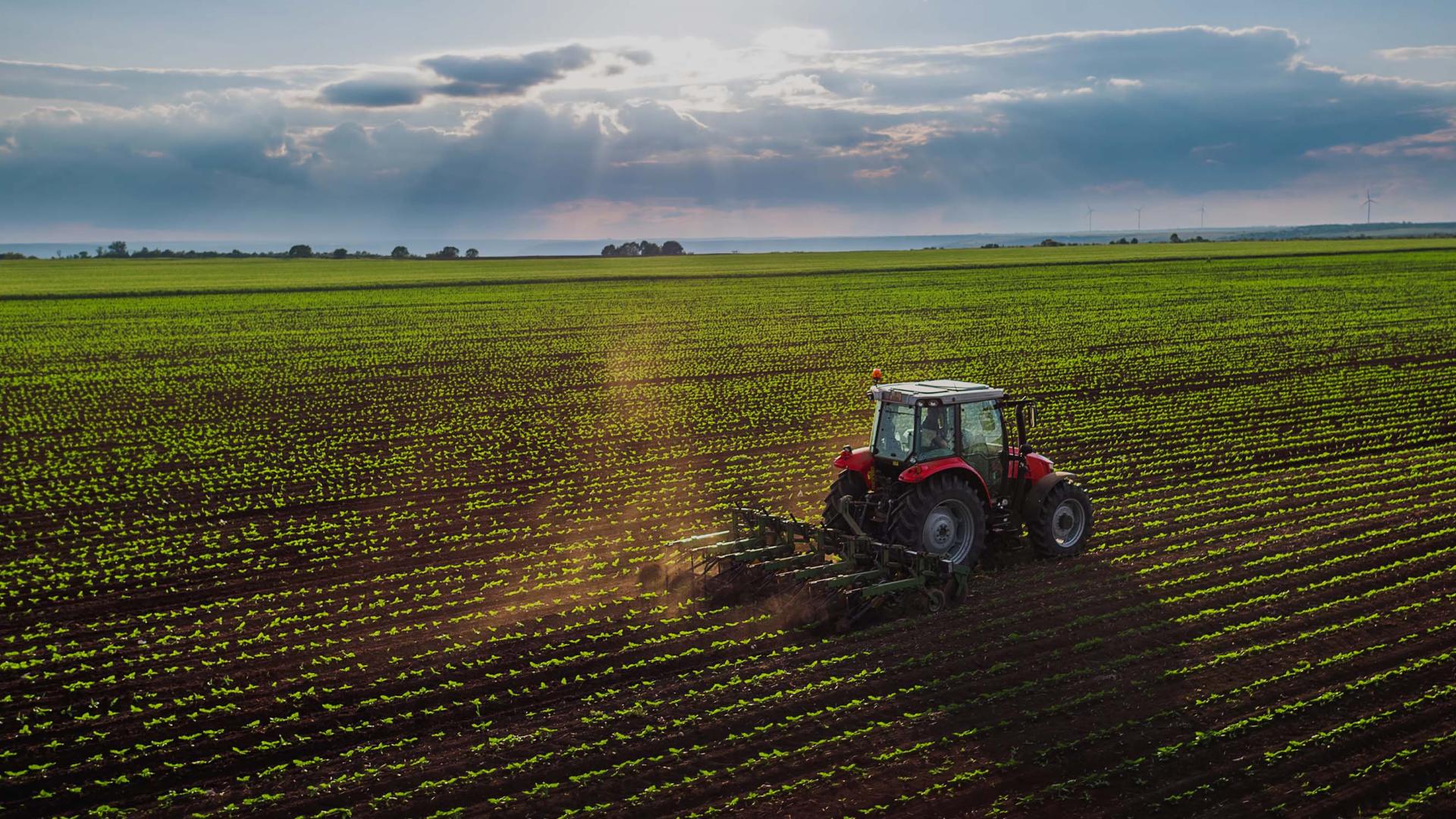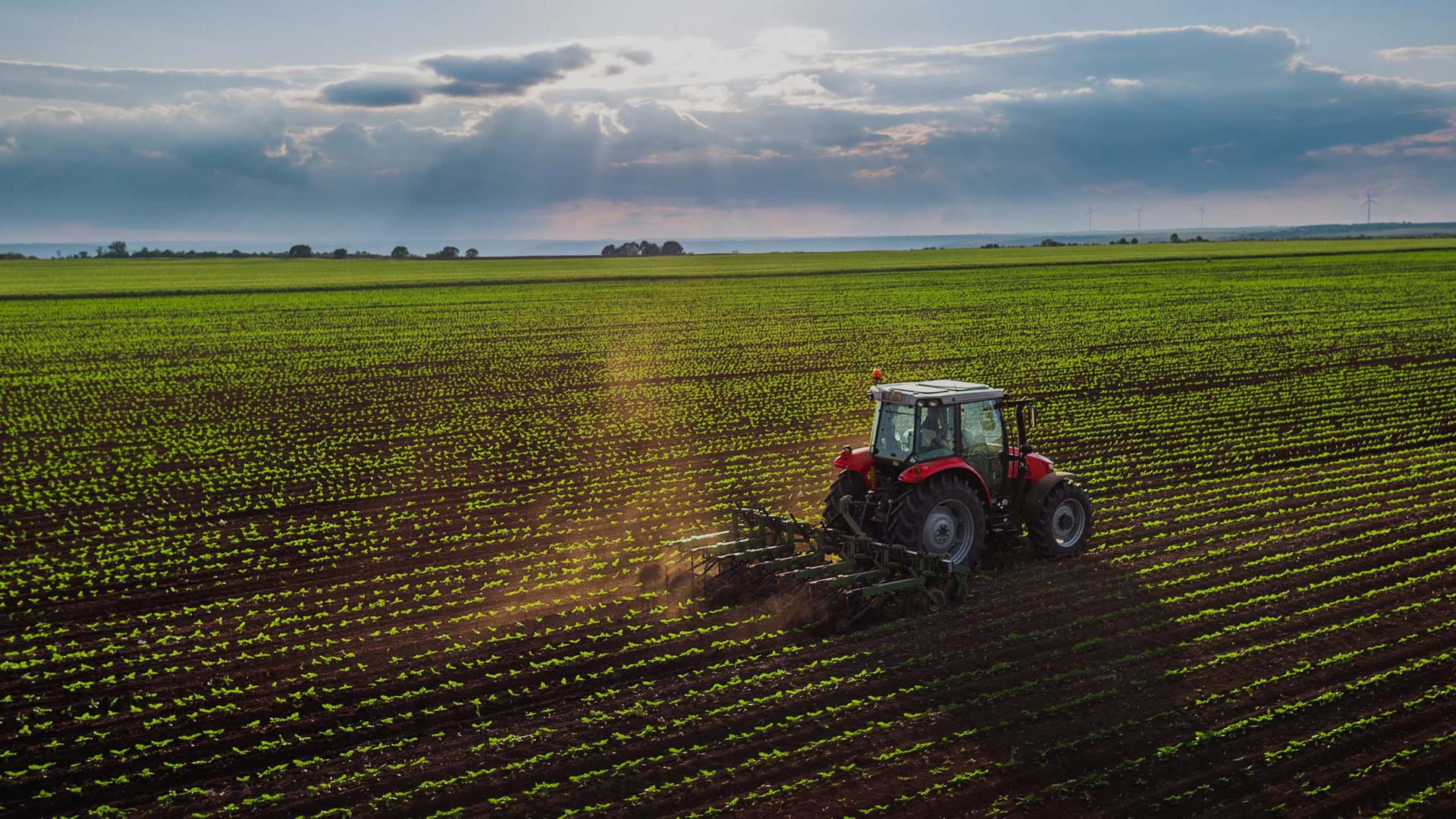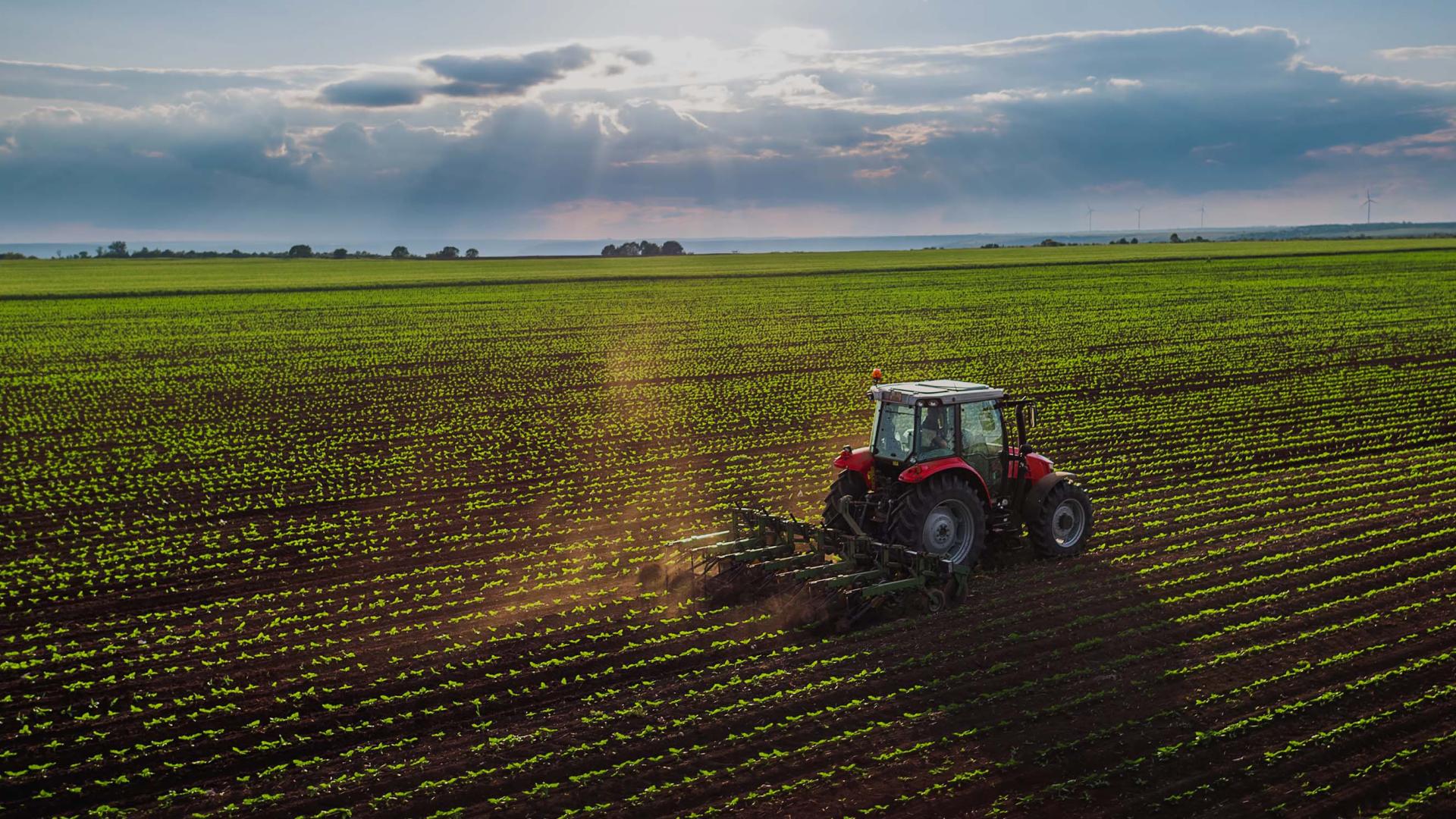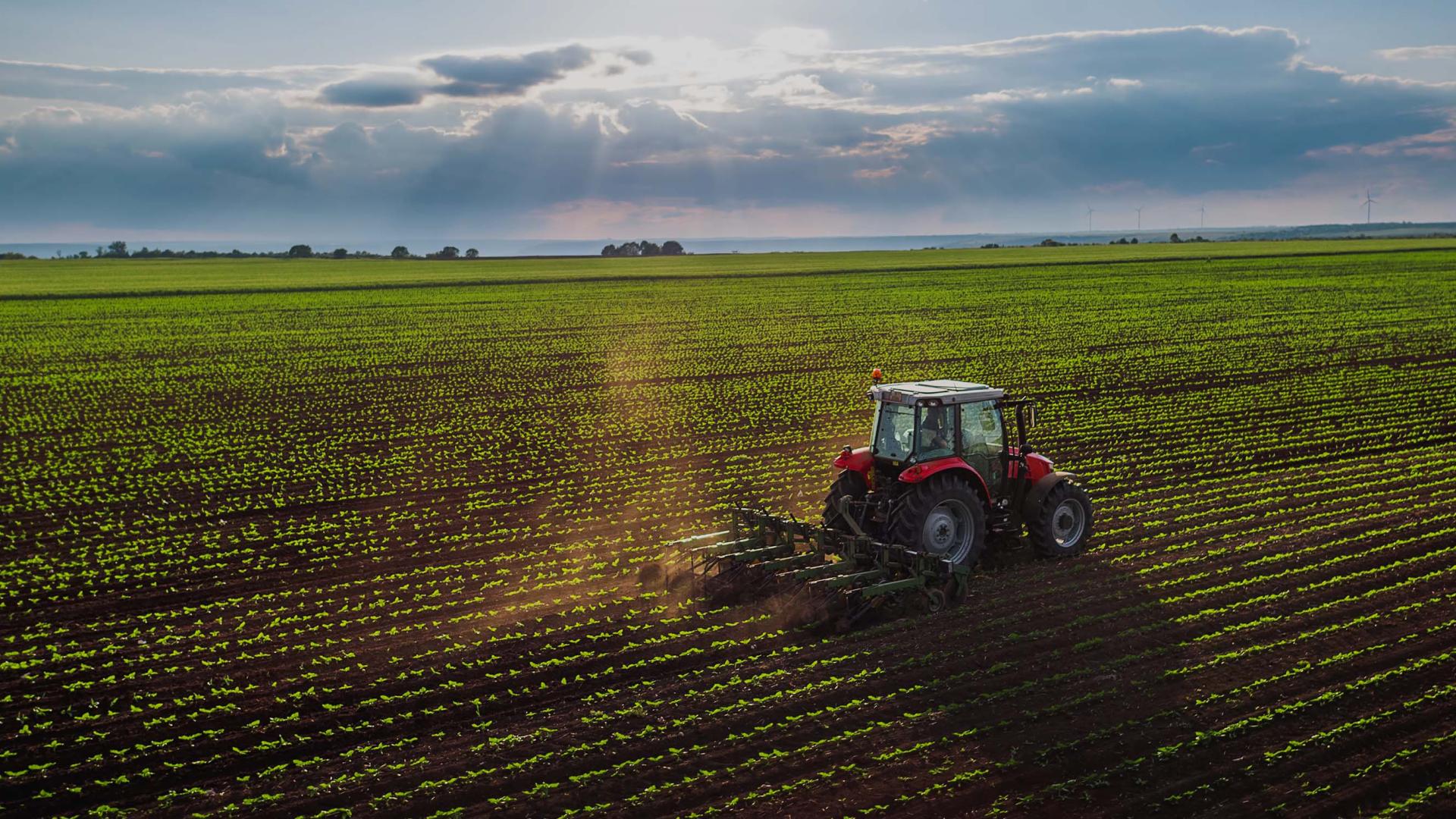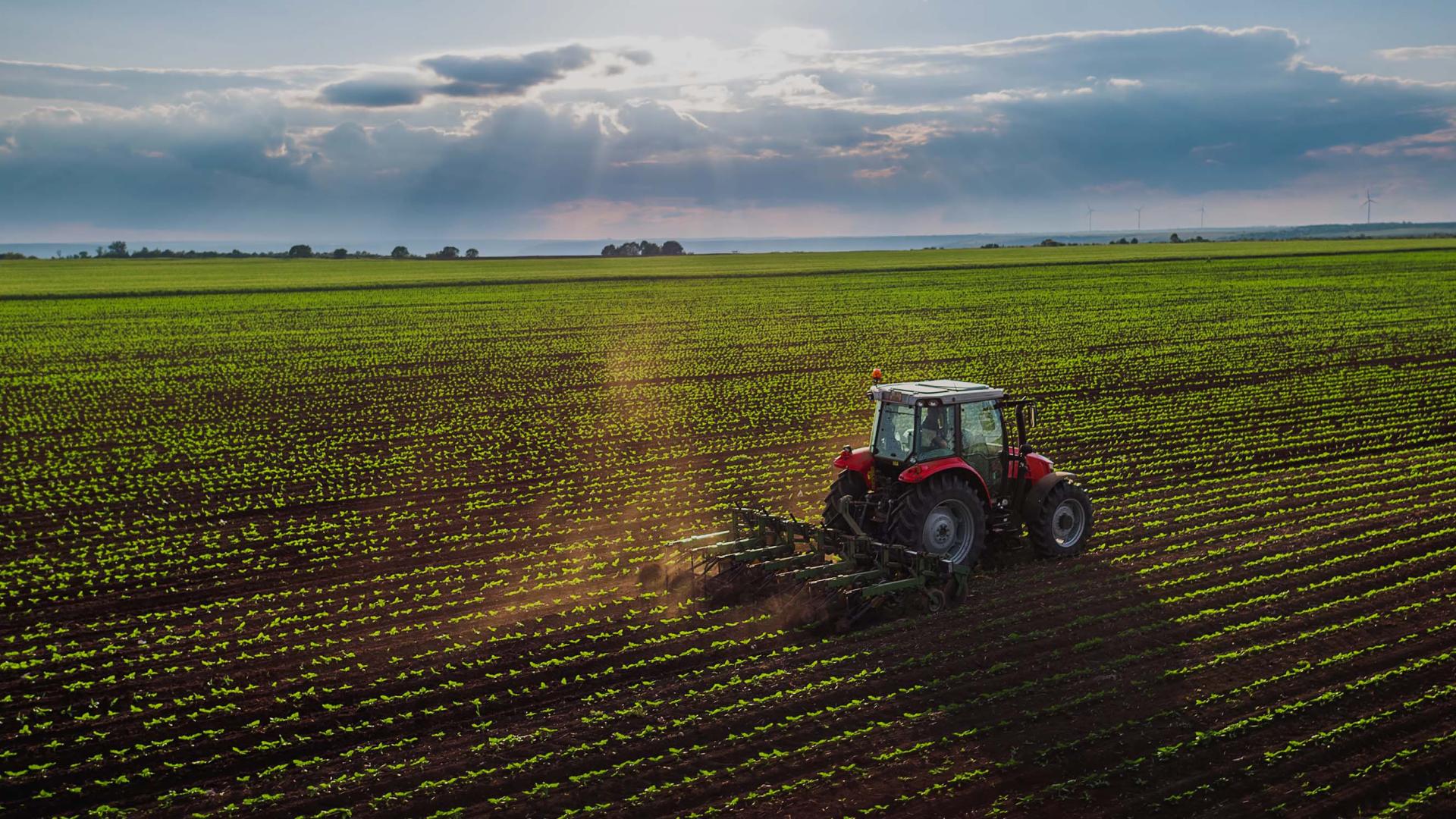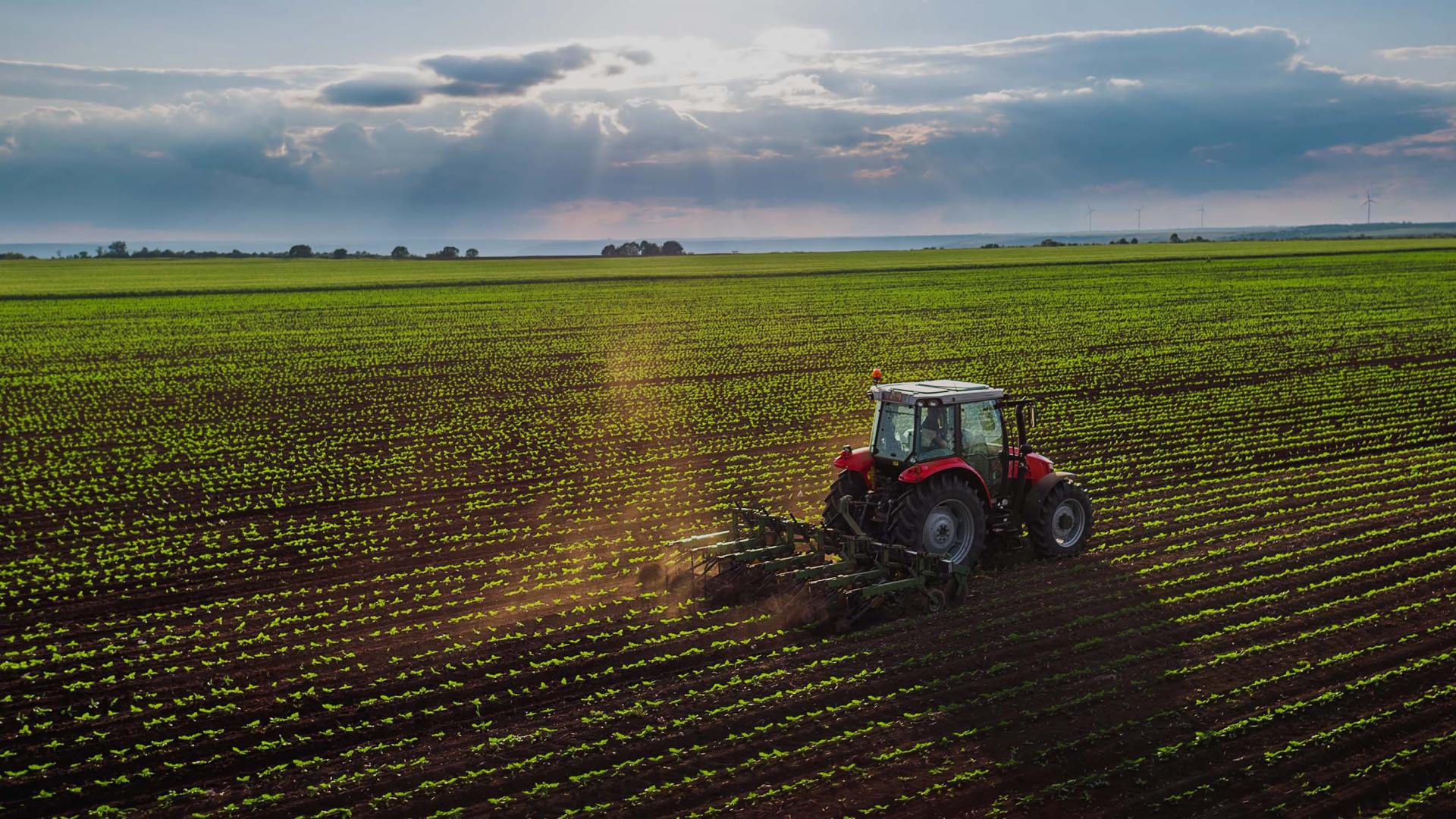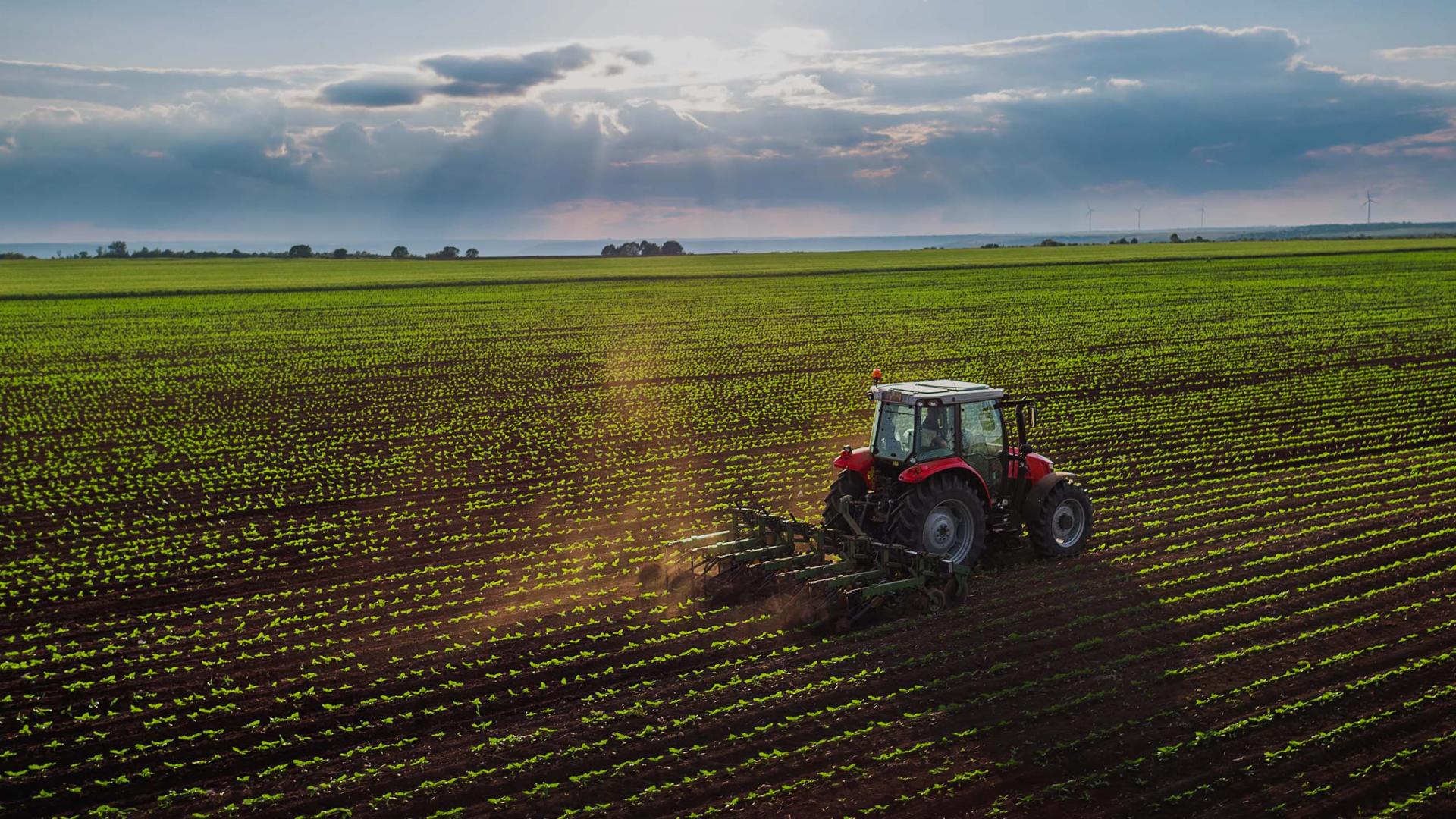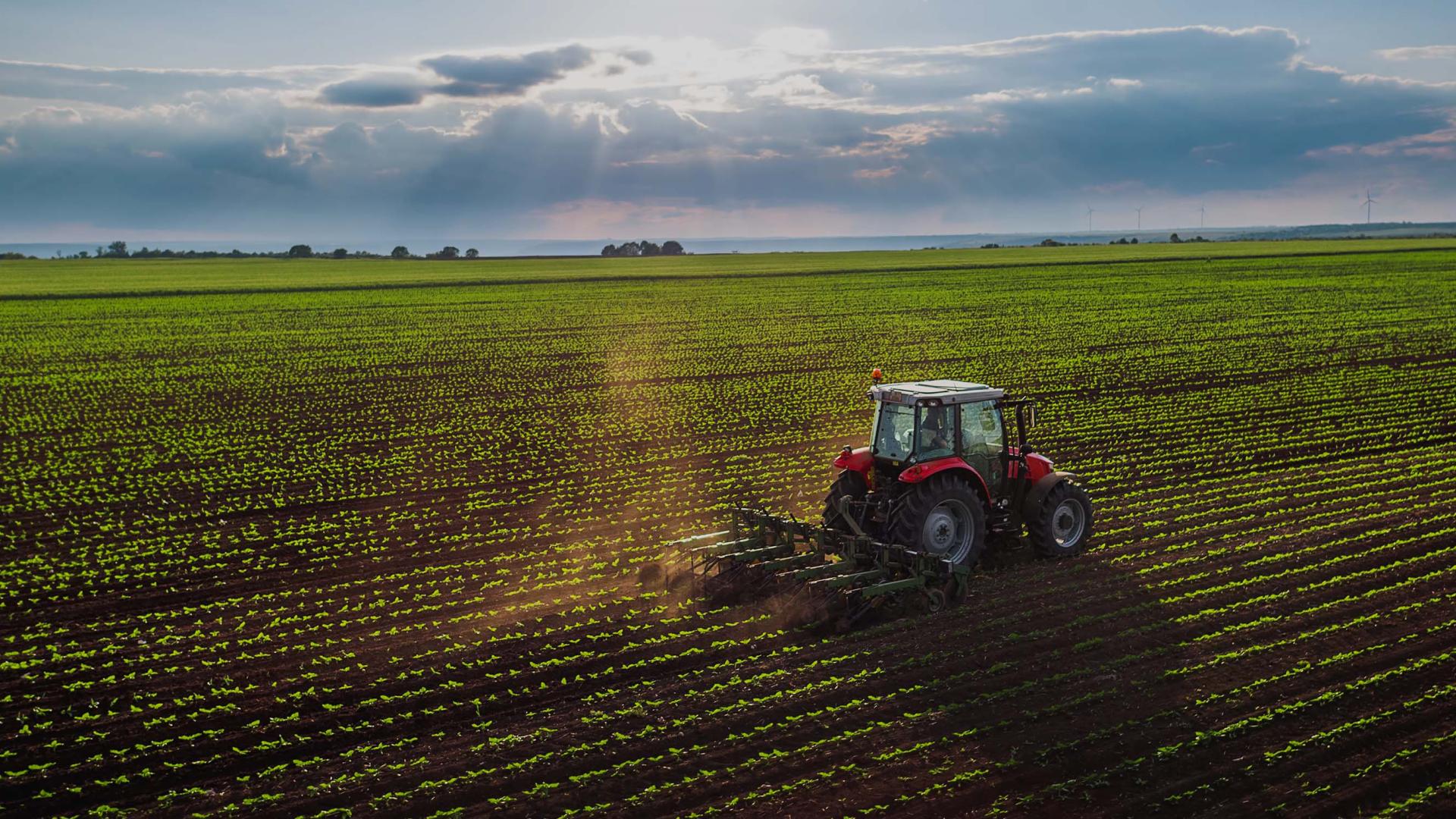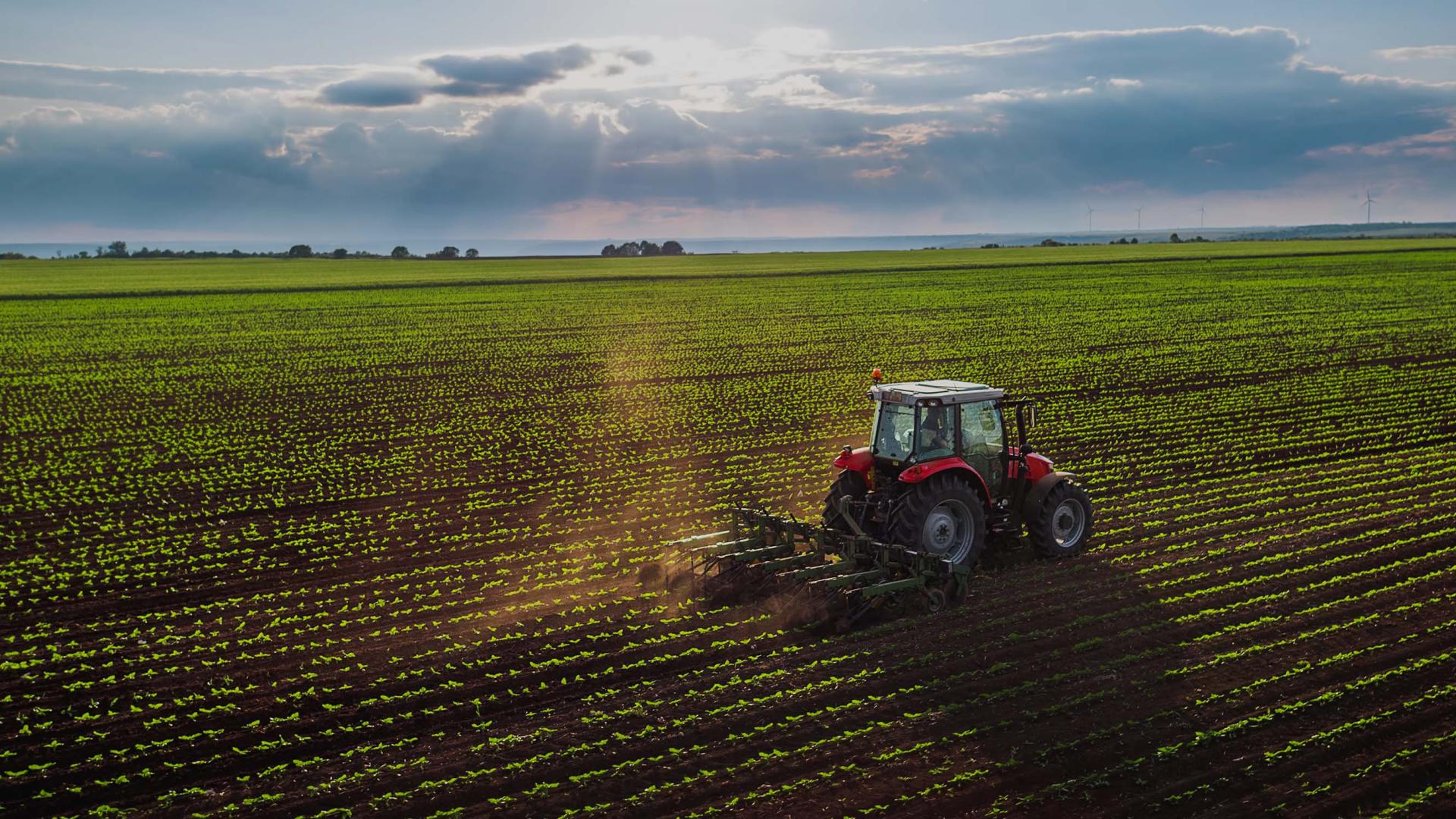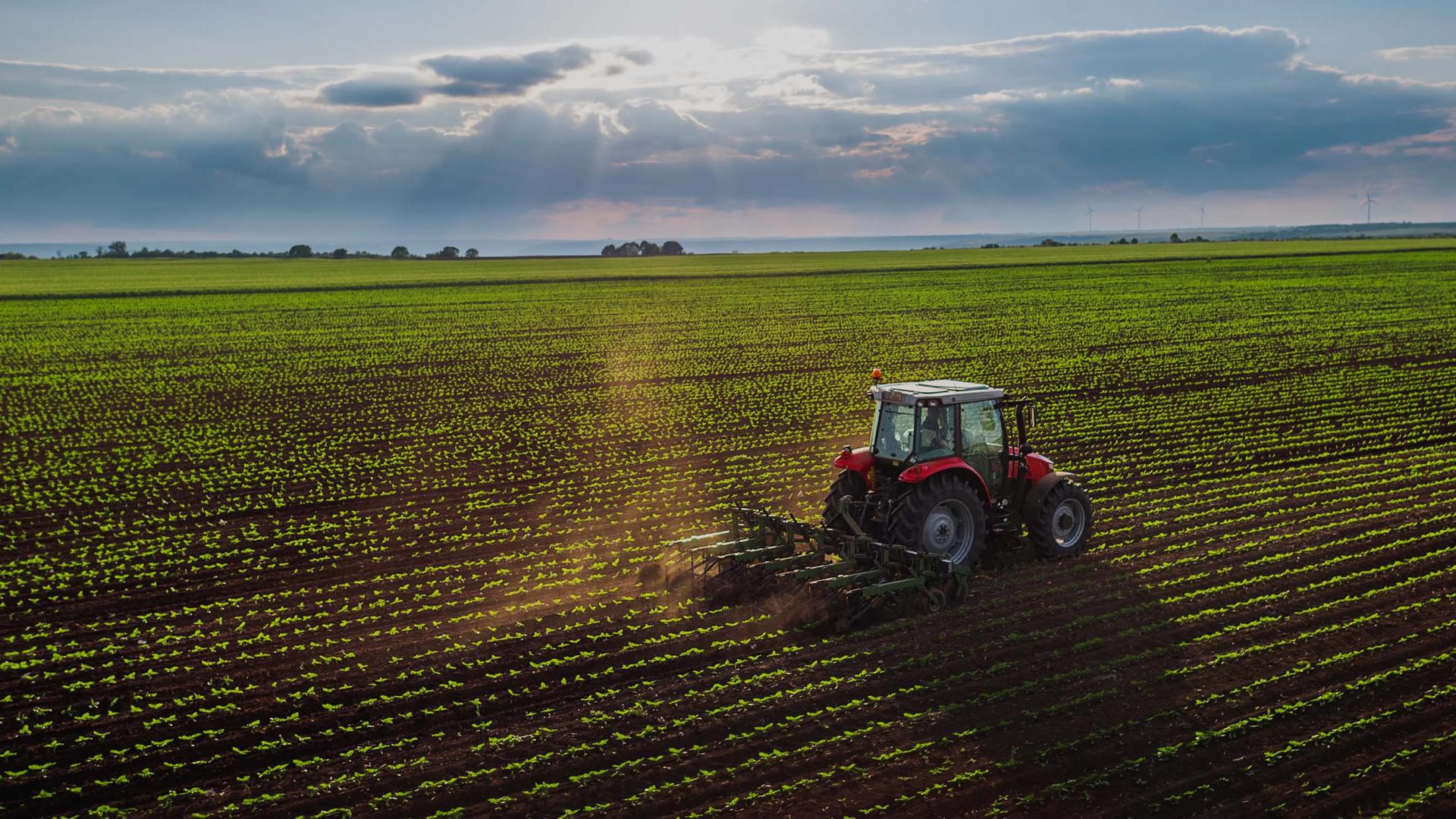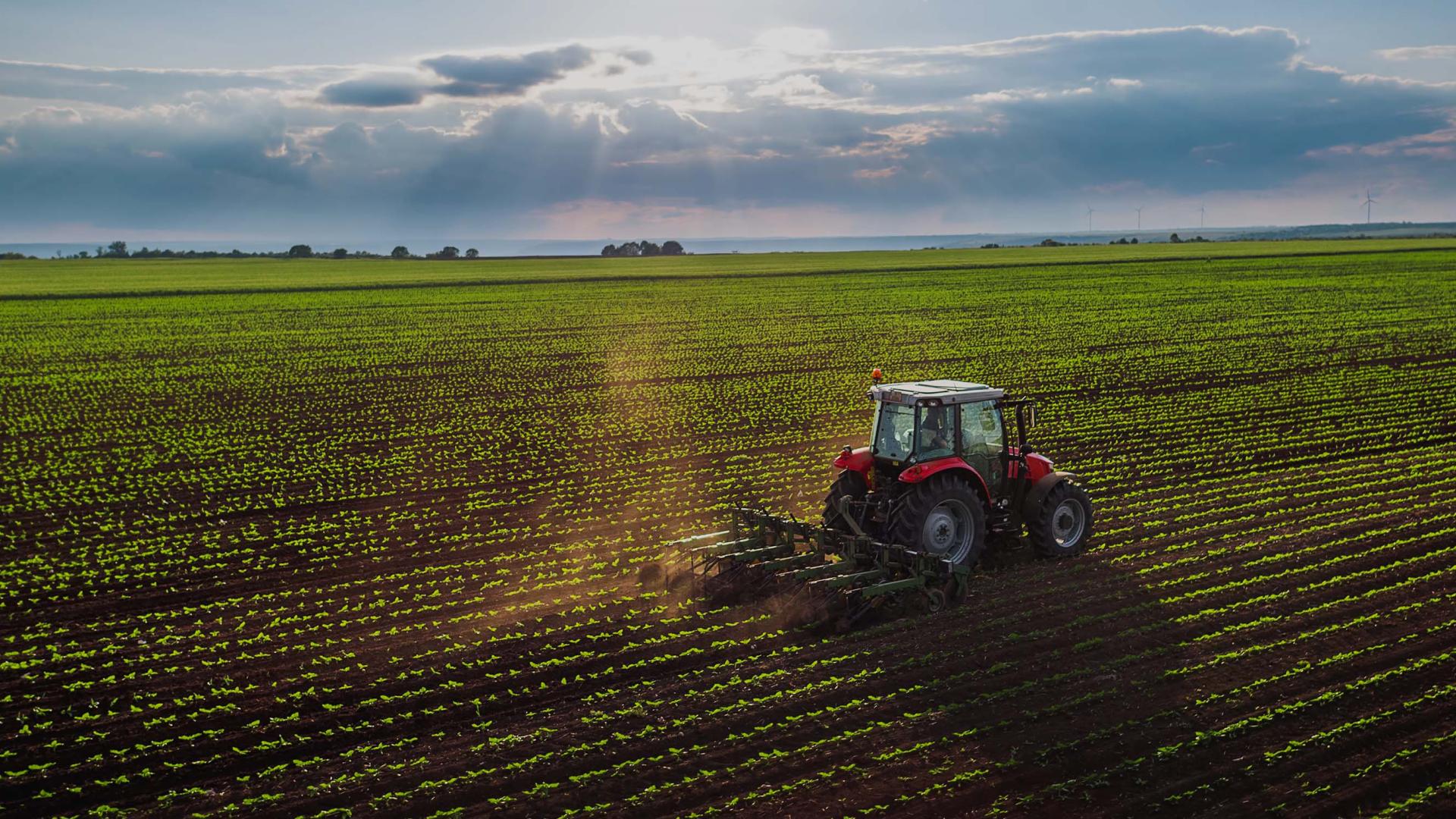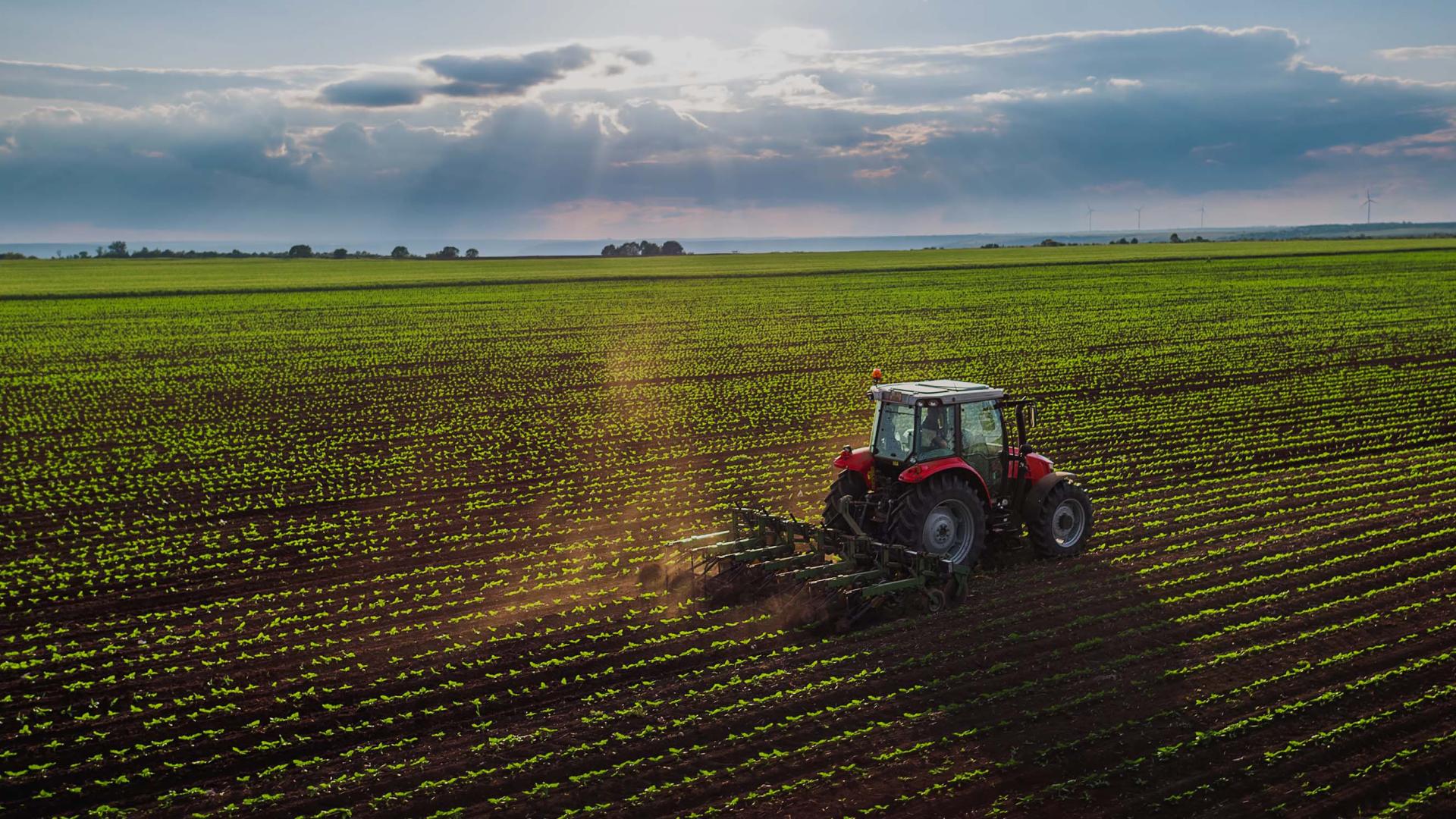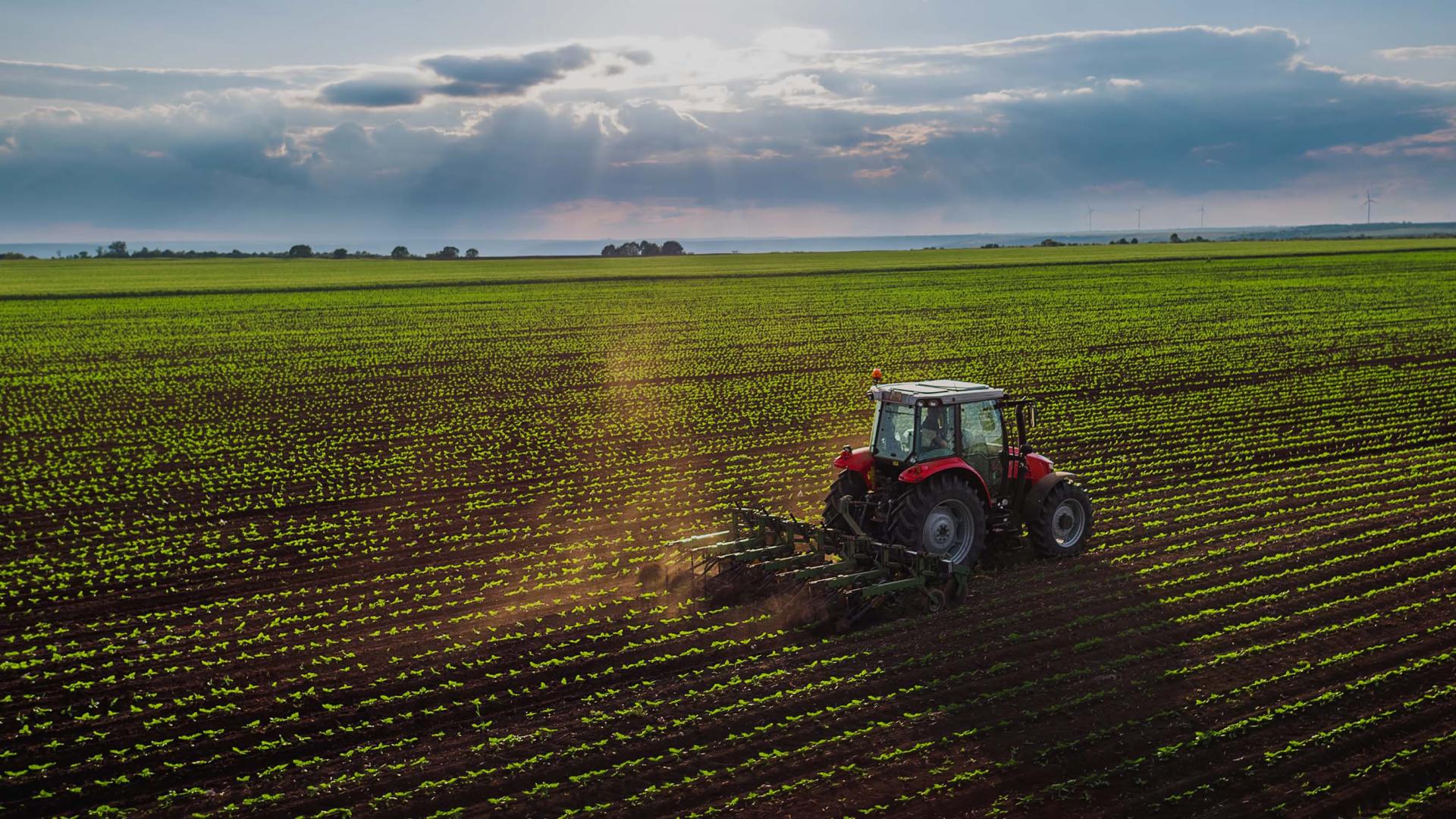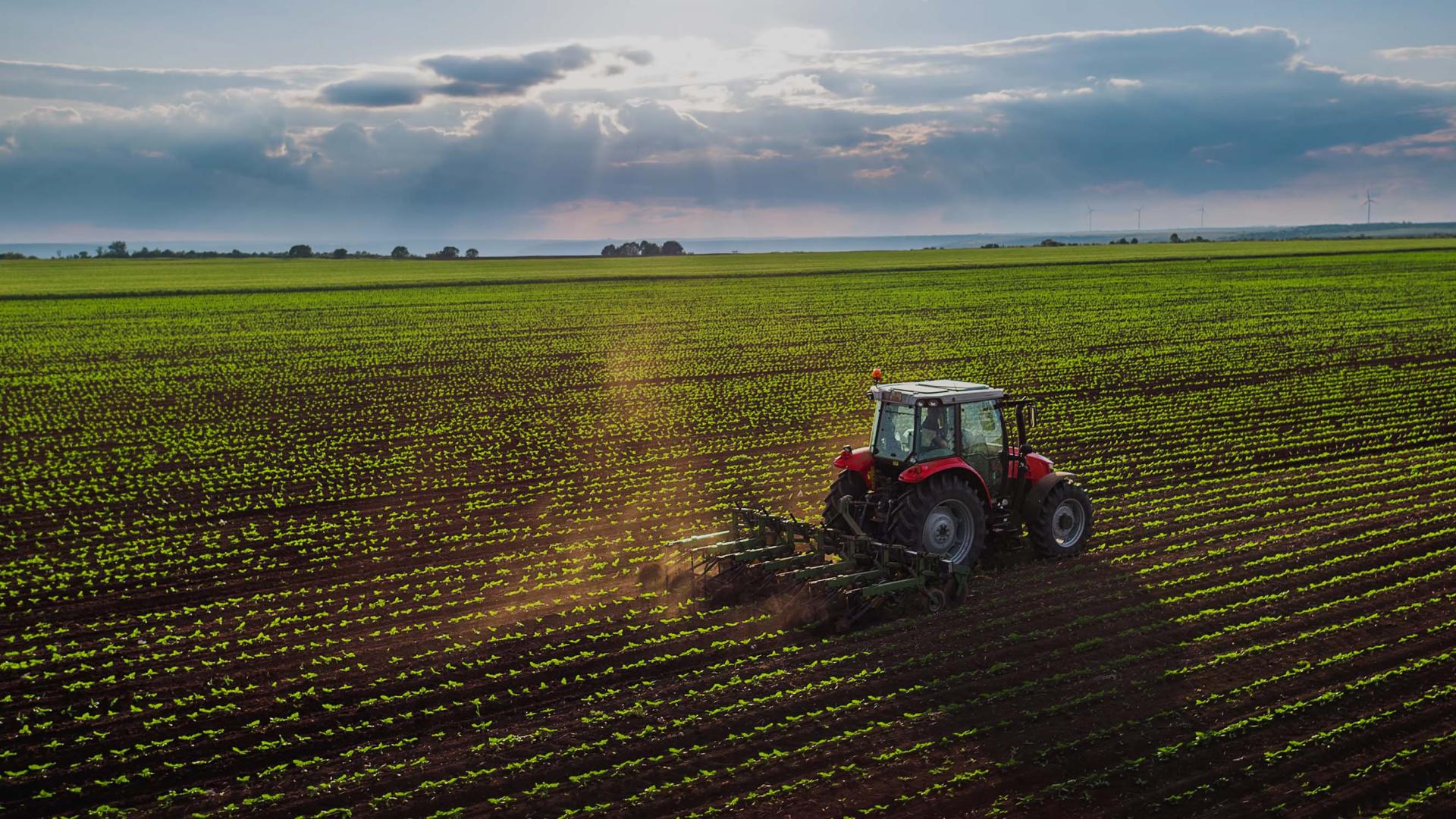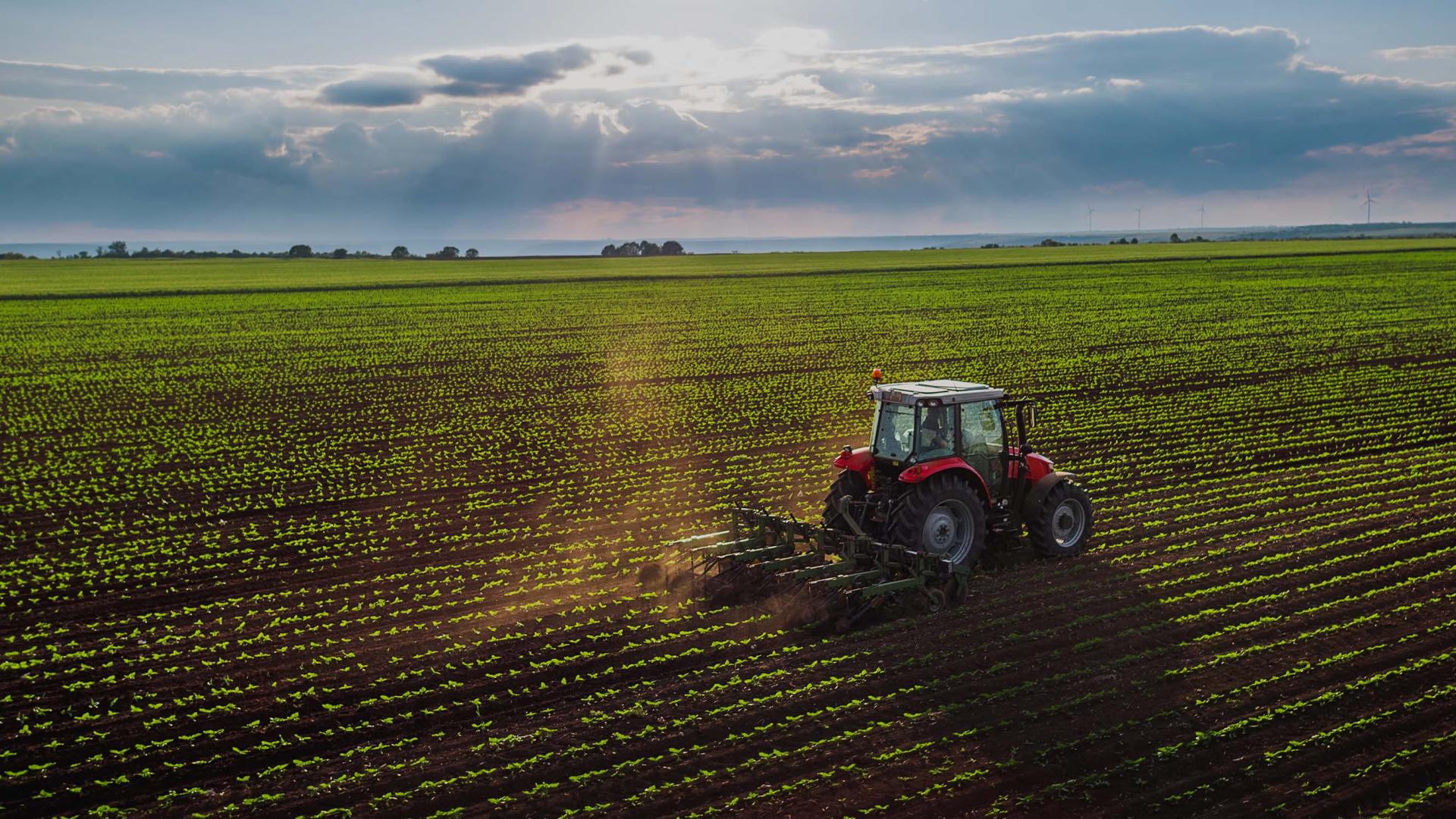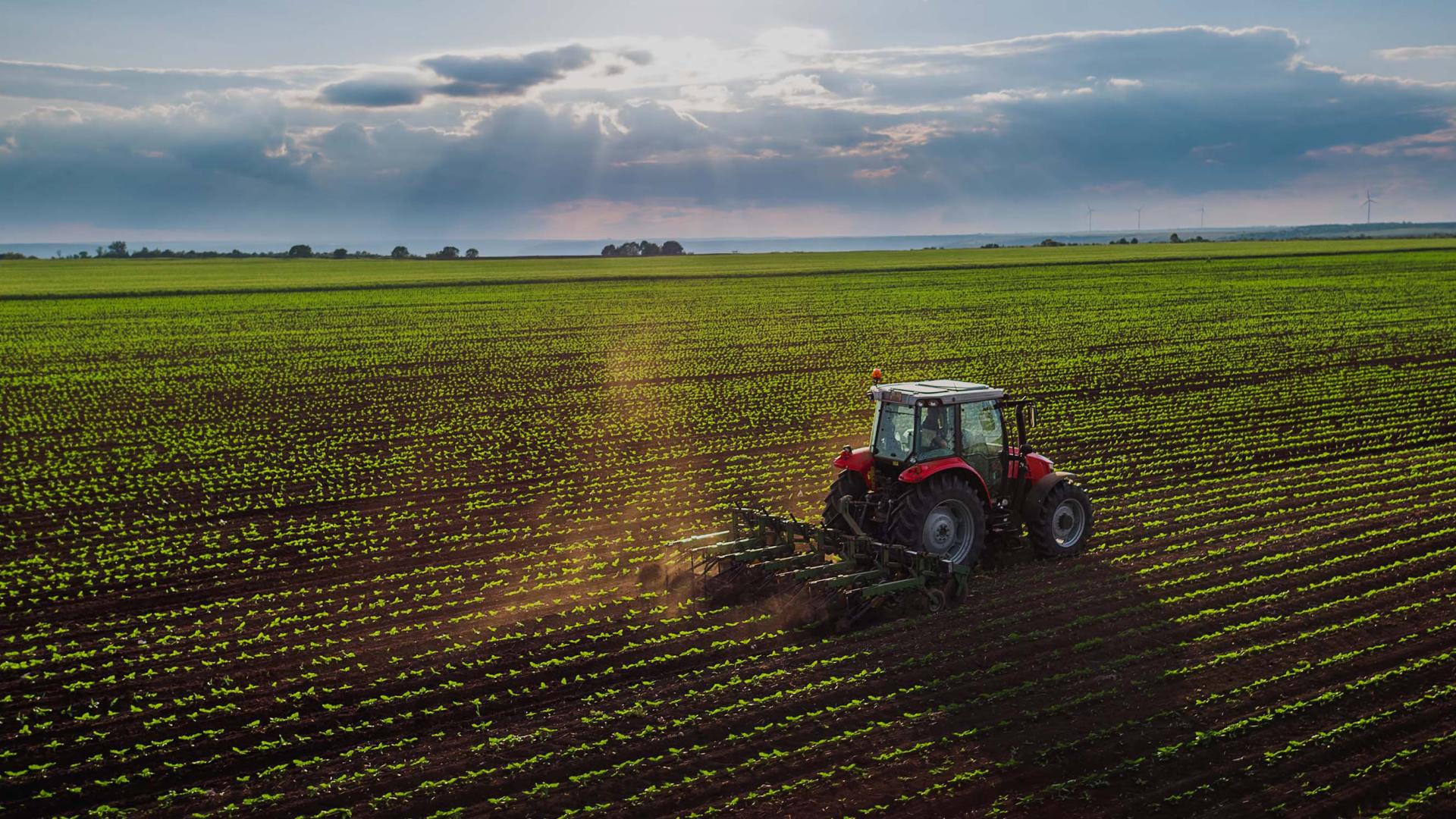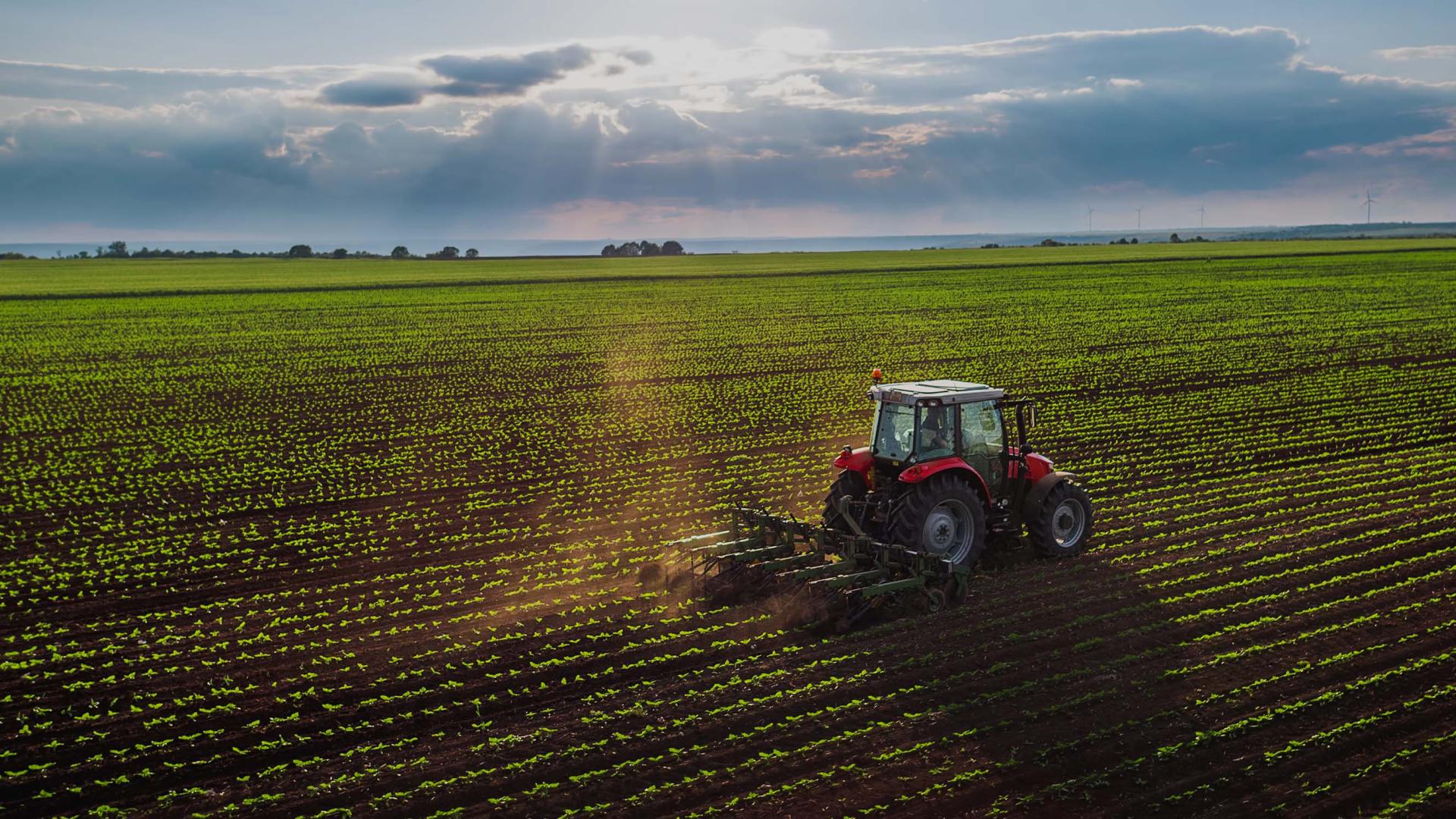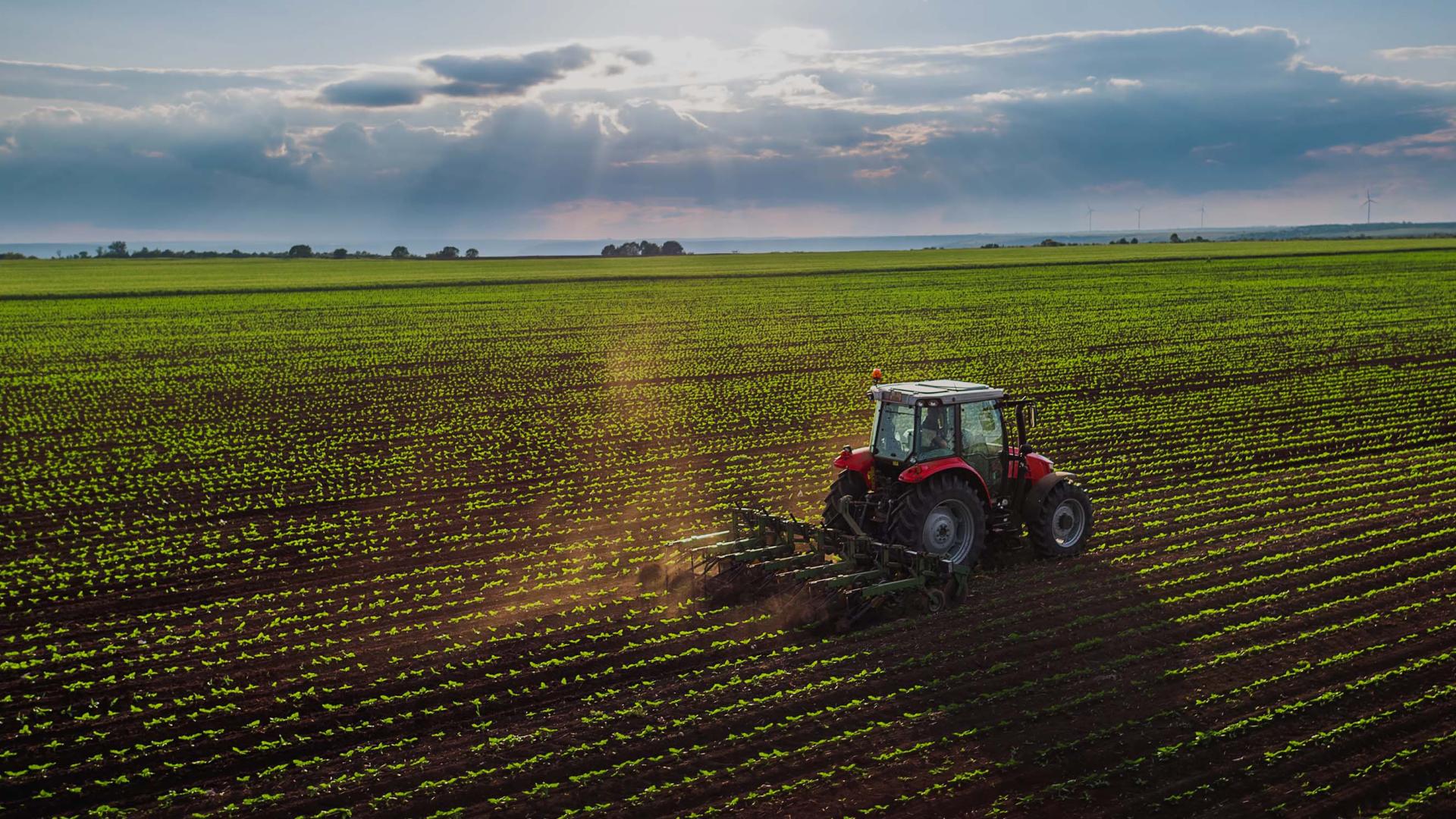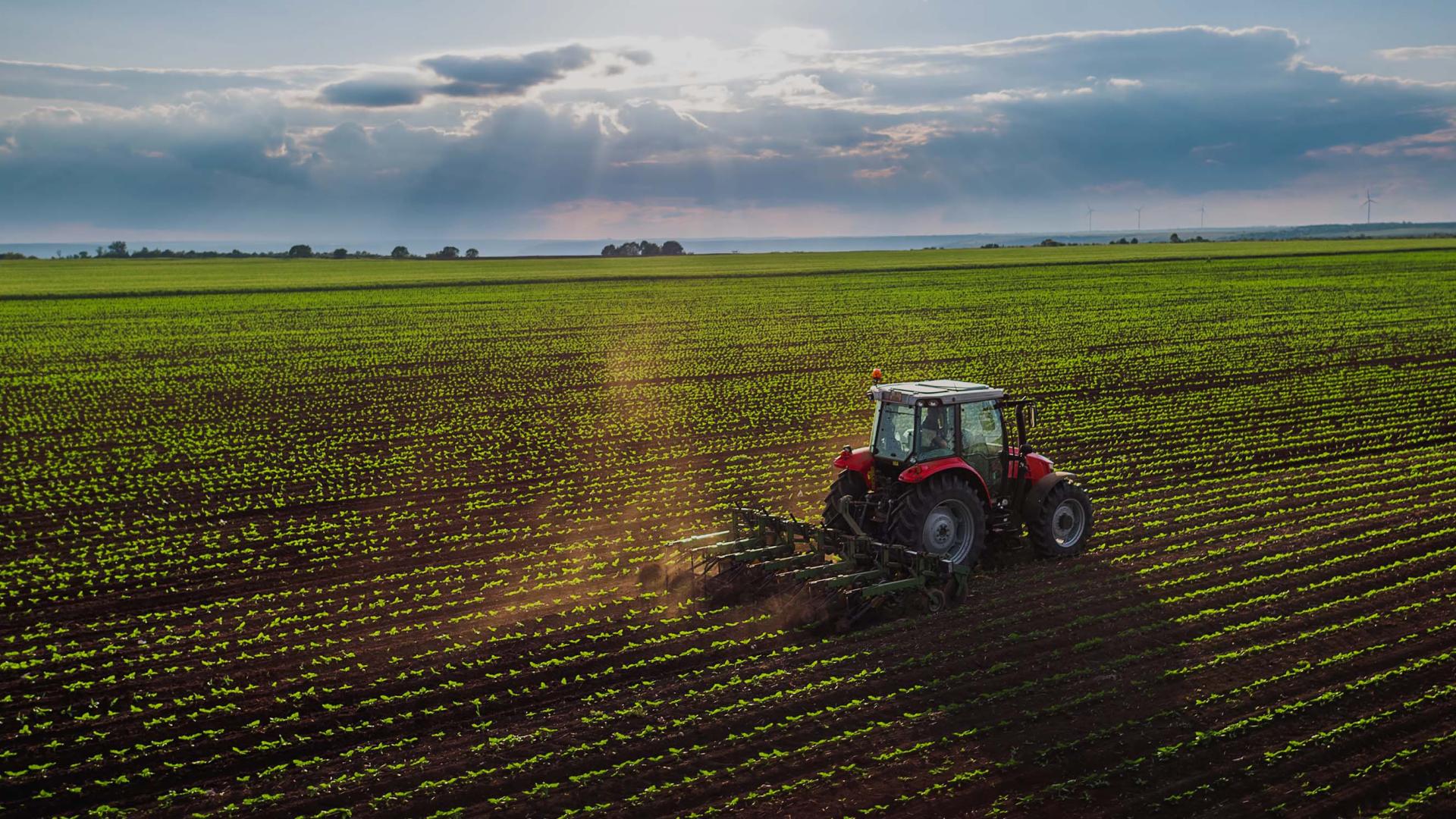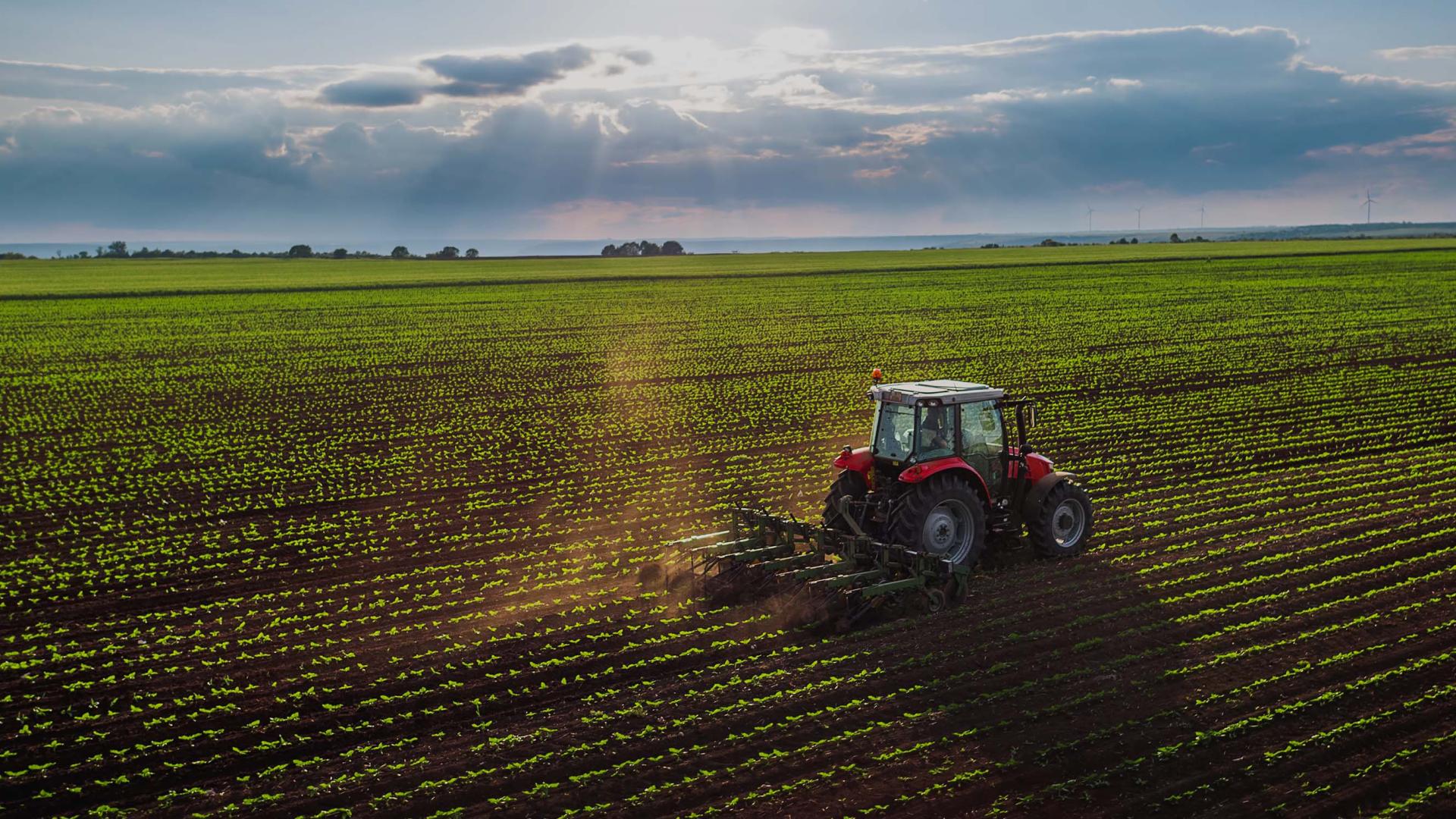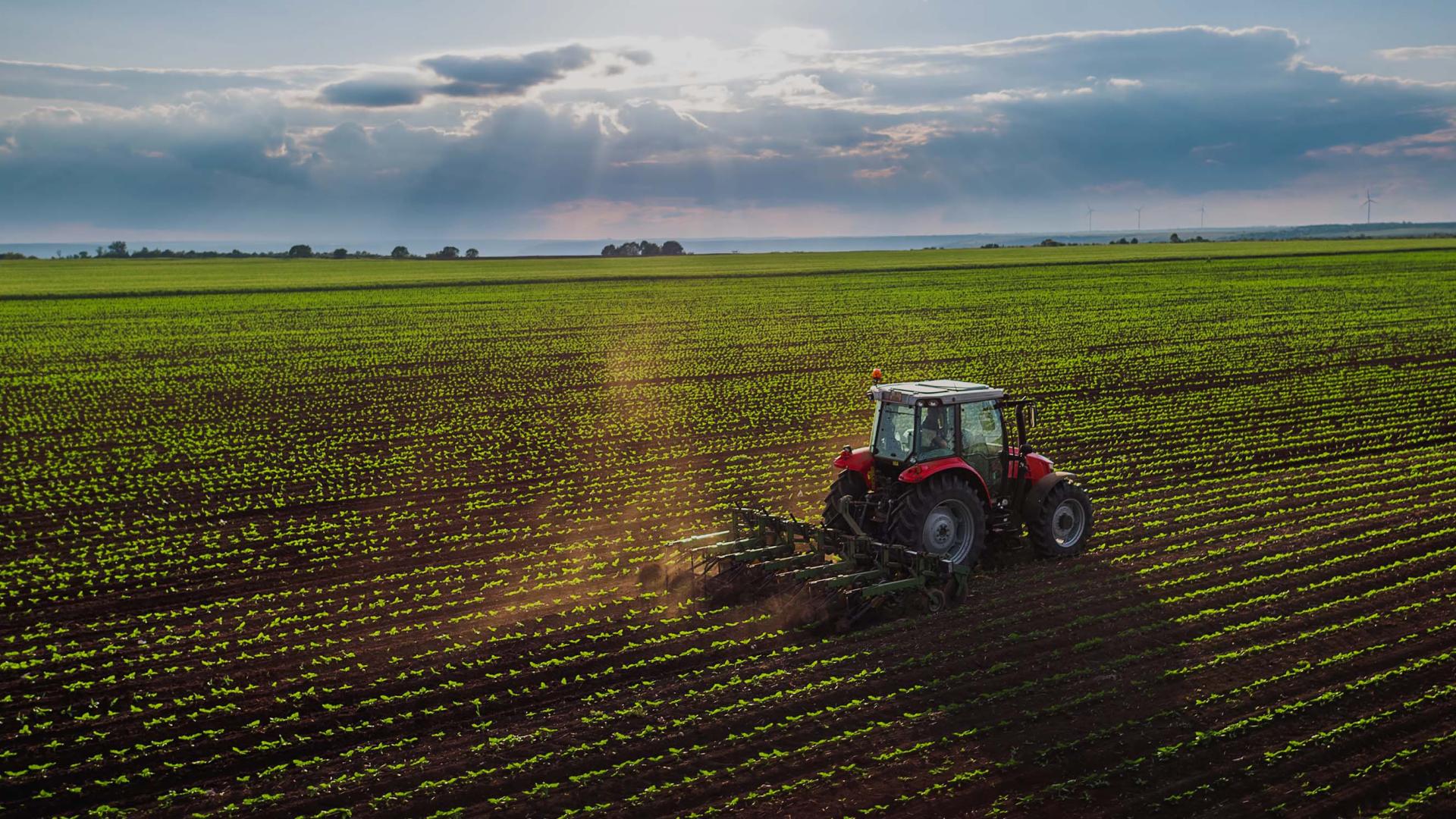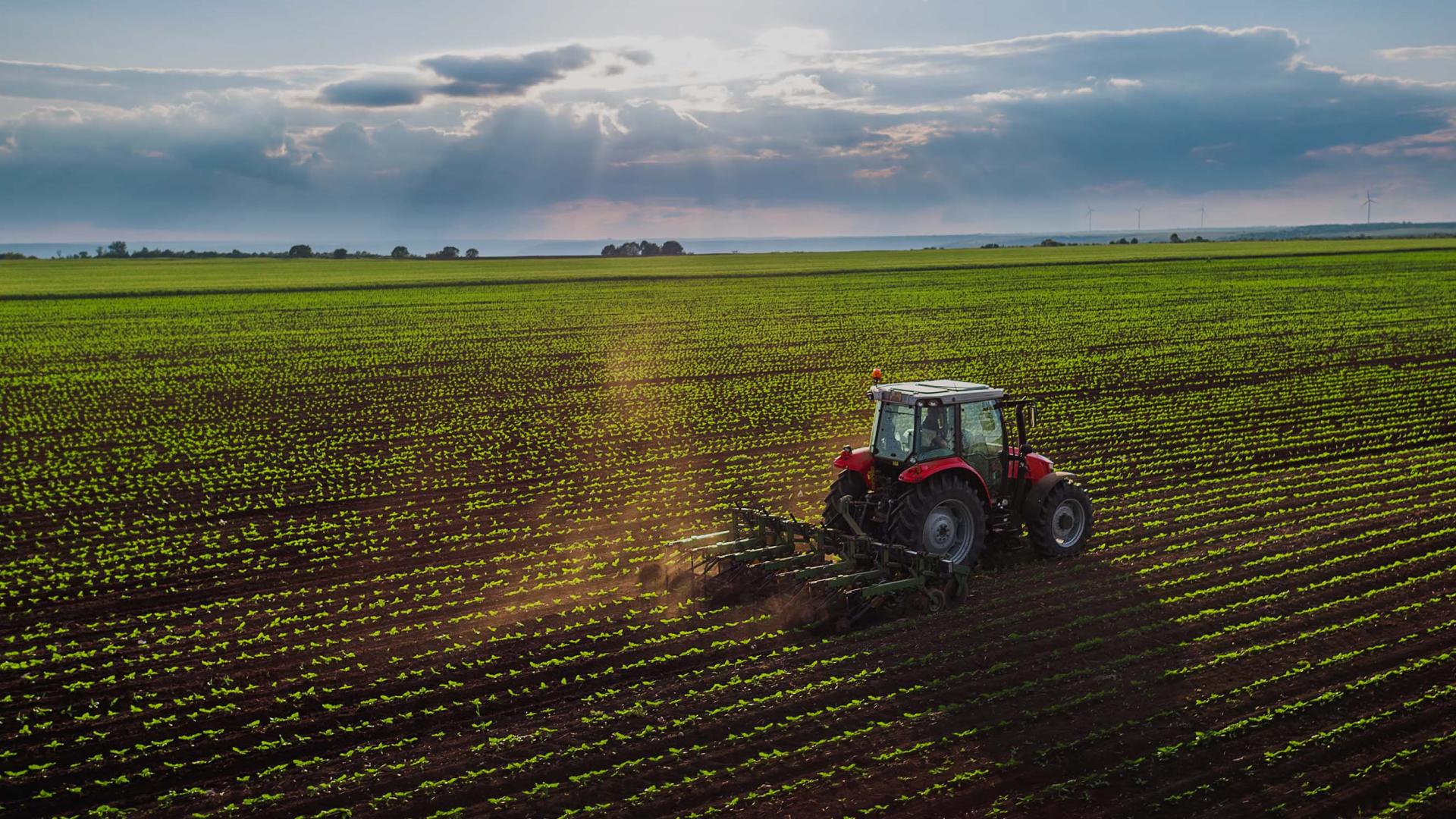Farm shops represent a unique blend of agricultural production and retail commerce, creating distinctive insurance needs that standard bus…
Farm Dairy Insurance: Comprehensive Coverage for Modern Dairy Operations
Farm dairy insurance represents one of the most specialized and essential forms of agricultural insurance coverage available to dairy farmers across the UK. As dairy operations face increasingly complex risks ranging from livestock diseases and equipment failures to regulatory compliance and environmental liabilities, comprehensive insurance protection has become fundamental to sustainable dairy farming success.
Understanding Farm Dairy Insurance Coverage
Farm dairy insurance provides specialized protection designed specifically for dairy farming operations, covering the unique risks associated with milk production, livestock management, and dairy processing activities. This comprehensive coverage extends beyond standard farm insurance to address the specific vulnerabilities inherent in dairy operations, including milk contamination risks, livestock mortality, equipment breakdown, and business interruption scenarios that could devastate dairy farm profitability.
Modern dairy farms operate complex systems involving sophisticated milking equipment, refrigeration systems, feed storage facilities, and livestock housing structures, all of which require specialized insurance consideration. Farm dairy insurance policies are structured to provide comprehensive protection across all aspects of dairy operations, from pasture to processing, ensuring that dairy farmers can maintain operational continuity even when facing significant challenges.
Key Coverage Components of Farm Dairy Insurance
Livestock Coverage
Livestock coverage forms the foundation of farm dairy insurance, protecting valuable dairy herds against mortality risks, disease outbreaks, and emergency slaughter requirements. This coverage typically includes protection for dairy cows, replacement heifers, and breeding bulls, with valuations based on current market prices and productive capacity. Livestock coverage extends to include veterinary expenses, quarantine costs, and disposal expenses associated with disease management protocols.
Equipment and Machinery Coverage
Equipment and machinery coverage protects the substantial investment dairy farmers make in milking parlours, bulk tanks, refrigeration systems, feed mixers, and tractors. This coverage includes breakdown protection, replacement costs, and business interruption expenses resulting from equipment failures. Given the critical nature of milking equipment in dairy operations, many policies include emergency repair coverage and temporary equipment rental provisions.
Buildings and Structures Coverage
Buildings and structures coverage protects dairy barns, milking parlours, feed storage facilities, and farmhouses against fire, storm damage, and other perils. This coverage often includes specialized provisions for livestock housing structures and milk storage facilities, recognizing the unique construction requirements and higher replacement costs associated with dairy farm buildings.
Product Liability Coverage
Product liability coverage protects dairy farmers against claims arising from milk contamination, foodborne illness, or other product-related issues. This coverage is particularly important given the direct-to-consumer sales trends in dairy farming and the potential for significant liability claims in food production operations.
Specialized Risks in Dairy Farming Operations
Dairy farming operations face numerous specialized risks that require targeted insurance protection. Disease outbreaks represent one of the most significant threats to dairy operations, with conditions like bovine tuberculosis, foot-and-mouth disease, and mastitis potentially devastating entire herds and requiring extensive quarantine measures. Farm dairy insurance policies typically include coverage for disease-related losses, including livestock mortality, milk disposal requirements, and business interruption costs.
Environmental risks pose another significant challenge for dairy operations, with potential liabilities arising from nutrient runoff, groundwater contamination, and waste management issues. Modern dairy farms must comply with increasingly stringent environmental regulations, and insurance coverage helps protect against cleanup costs and regulatory penalties associated with environmental incidents.
Power outages and equipment failures can have catastrophic consequences for dairy operations, particularly regarding milk storage and cooling systems. Farm dairy insurance policies often include specialized coverage for milk spoilage, emergency power generation, and business interruption costs associated with equipment failures or utility outages.
Weather-related risks, including drought, flooding, and severe storms, can significantly impact dairy operations through feed crop losses, building damage, and livestock stress. Comprehensive farm dairy insurance provides protection against weather-related losses while also covering the additional expenses associated with emergency feed purchases and temporary housing arrangements.
Business Interruption Protection for Dairy Operations
Business interruption coverage represents a critical component of farm dairy insurance, protecting dairy farmers against income losses resulting from covered perils. This coverage typically includes protection for lost milk sales, additional expenses associated with maintaining operations during recovery periods, and ongoing fixed costs that continue even when milk production is interrupted.
Dairy operations face unique business interruption risks due to the perishable nature of milk and the daily production requirements of dairy cows. Unlike other agricultural operations that may have seasonal production cycles, dairy farms require continuous operation and face immediate income losses when production is interrupted. Farm dairy insurance policies are designed to address these unique characteristics, providing coverage that reflects the ongoing nature of dairy production.
The calculation of business interruption losses in dairy operations requires specialized expertise, considering factors such as milk production records, seasonal variations in production, and market price fluctuations. Insurance providers specializing in farm dairy coverage typically employ agricultural specialists who understand the complexities of dairy farm business interruption calculations.
Regulatory Compliance and Insurance Considerations
Dairy farming operations must comply with extensive regulatory requirements covering food safety, animal welfare, environmental protection, and worker safety standards. Farm dairy insurance policies often include coverage for regulatory compliance costs, including expenses associated with meeting new regulatory requirements and defending against regulatory enforcement actions.
Food safety regulations require dairy farmers to maintain detailed records, implement hazard analysis protocols, and ensure proper milk handling procedures. Insurance coverage helps protect against the costs associated with regulatory violations, including product recalls, facility shutdowns, and remediation requirements.
Animal welfare regulations continue to evolve, requiring dairy farmers to meet increasingly stringent standards for livestock housing, handling, and care. Farm dairy insurance can provide protection against the costs associated with upgrading facilities to meet new regulatory requirements and defending against animal welfare enforcement actions.
Technology and Modern Dairy Insurance
Modern dairy operations increasingly rely on sophisticated technology systems for herd management, milk production monitoring, and facility automation. Farm dairy insurance policies have evolved to address the unique risks associated with these technological systems, including cyber liability coverage, equipment breakdown protection, and business interruption coverage for technology failures.
Automated milking systems, computerized feeding systems, and electronic monitoring equipment represent significant investments that require specialized insurance protection. Coverage typically includes protection against equipment breakdown, software failures, and cyber security incidents that could compromise dairy operation systems.
Data protection has become increasingly important in dairy operations, with farmers maintaining extensive databases containing livestock records, production data, and customer information. Farm dairy insurance policies may include cyber liability coverage protecting against data breaches, system intrusions, and privacy violations.
Claims Management in Farm Dairy Insurance
Effective claims management is crucial in farm dairy insurance due to the time-sensitive nature of dairy operations and the potential for significant losses during claim resolution periods. Insurance providers specializing in farm dairy coverage typically maintain networks of agricultural specialists, veterinarians, and equipment experts who can respond quickly to dairy farm claims.
Livestock mortality claims require immediate attention to prevent additional losses and ensure proper disposal procedures. Insurance providers often maintain 24-hour claim reporting systems and emergency response protocols specifically designed for dairy farm operations.
Equipment breakdown claims in dairy operations require rapid response to minimize milk spoilage and production interruption. Many farm dairy insurance providers maintain relationships with equipment repair specialists and rental companies to ensure quick restoration of dairy operations.
Cost Factors in Farm Dairy Insurance
Farm dairy insurance premiums are influenced by numerous factors including herd size, production volume, facility values, claims history, and risk management practices. Larger dairy operations typically benefit from economies of scale in insurance pricing, while smaller operations may face higher per-unit costs but can often implement more comprehensive risk management practices.
Location factors significantly impact farm dairy insurance costs, with operations in areas prone to natural disasters, disease outbreaks, or environmental risks facing higher premiums. Insurance providers consider local climate conditions, disease prevalence, and regulatory environments when establishing premium rates.
Risk management practices can significantly impact farm dairy insurance costs, with operations implementing comprehensive biosecurity protocols, preventive maintenance programs, and safety training often qualifying for premium discounts. Many insurance providers offer risk assessment services to help dairy farmers identify potential cost reduction opportunities.
Selecting the Right Farm Dairy Insurance Provider
Choosing the appropriate farm dairy insurance provider requires careful consideration of coverage options, claims handling capabilities, and agricultural expertise. Insurance providers specializing in agricultural risks typically offer more comprehensive coverage options and better understanding of dairy farming operations than general commercial insurers.
Financial stability represents a crucial factor in insurance provider selection, particularly given the potential for large claims in dairy operations. Dairy farmers should evaluate insurance provider ratings, claims paying history, and financial strength when making coverage decisions.
Claims handling capabilities are particularly important in farm dairy insurance due to the time-sensitive nature of dairy operations and the potential for significant business interruption losses. Insurance providers with dedicated agricultural claims specialists and emergency response capabilities typically provide superior service for dairy farm claims.
Risk Management Strategies for Dairy Operations
Effective risk management represents the foundation of successful farm dairy insurance programs, with comprehensive risk assessment and mitigation strategies helping to reduce both insurance costs and operational risks. Dairy farmers should implement systematic approaches to identifying, evaluating, and managing the various risks facing their operations.
Biosecurity protocols form a critical component of dairy farm risk management, helping to prevent disease outbreaks and reduce livestock mortality risks. Comprehensive biosecurity programs typically include visitor restrictions, vehicle sanitation, livestock quarantine procedures, and veterinary monitoring protocols.
Equipment maintenance programs help prevent costly breakdowns and reduce business interruption risks. Regular maintenance schedules, preventive replacement programs, and emergency repair protocols can significantly reduce the likelihood and impact of equipment failures in dairy operations.
Future Trends in Farm Dairy Insurance
The farm dairy insurance market continues to evolve in response to changing agricultural practices, regulatory requirements, and risk profiles. Climate change impacts are driving increased focus on weather-related coverage and adaptation strategies, while technological advances are creating new coverage needs and risk management opportunities.
Sustainability requirements are increasingly influencing farm dairy insurance, with coverage options expanding to include environmental compliance costs and carbon footprint reduction initiatives. Insurance providers are developing new products addressing the unique risks associated with sustainable dairy farming practices.
Direct-to-consumer sales trends in dairy farming are creating new liability exposures and coverage requirements. Farm dairy insurance policies are evolving to address the risks associated with on-farm processing, retail sales, and agritourism activities that many dairy operations are implementing to diversify revenue streams.
Conclusion
Farm dairy insurance represents an essential investment for dairy farming operations, providing comprehensive protection against the numerous risks inherent in modern dairy production. From livestock mortality and equipment breakdown to business interruption and liability claims, specialized dairy insurance coverage helps ensure operational continuity and financial stability for dairy farmers.
The complexity of modern dairy operations requires sophisticated insurance solutions that address the unique risks and operational characteristics of dairy farming. By working with insurance providers who understand agricultural risks and implementing comprehensive risk management strategies, dairy farmers can protect their investments while maintaining the operational flexibility necessary for long-term success.
Successful dairy farming requires careful attention to risk management and insurance protection, with comprehensive coverage serving as the foundation for sustainable operations. As the dairy industry continues to evolve, farm dairy insurance will remain an essential tool for managing the risks and uncertainties inherent in dairy production operations.
Get Your Farm Dairy Insurance Quote Today
Protect your dairy operation with comprehensive insurance coverage tailored to your specific needs. Our agricultural insurance specialists understand the unique risks facing dairy farmers and can help you find the right protection for your operation.
Call us today at 0330 127 2333 or visit our website to get your personalized farm dairy insurance quote.


 0330 127 2333
0330 127 2333
